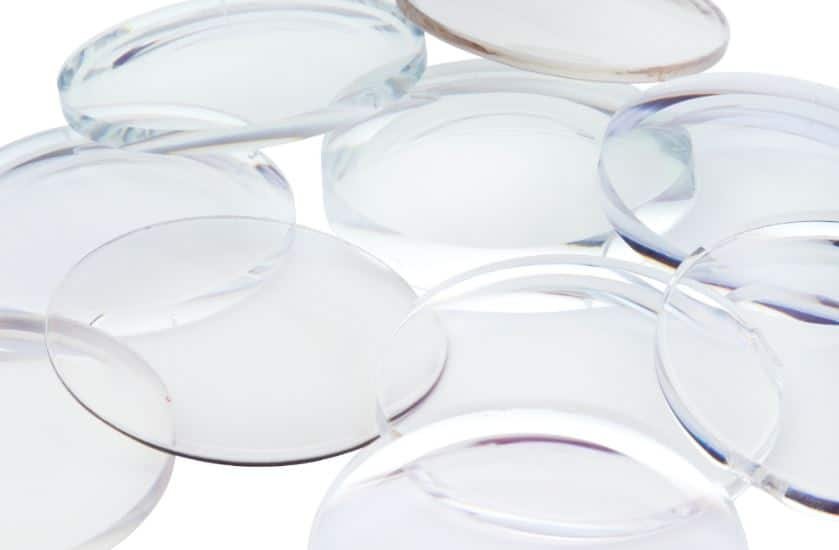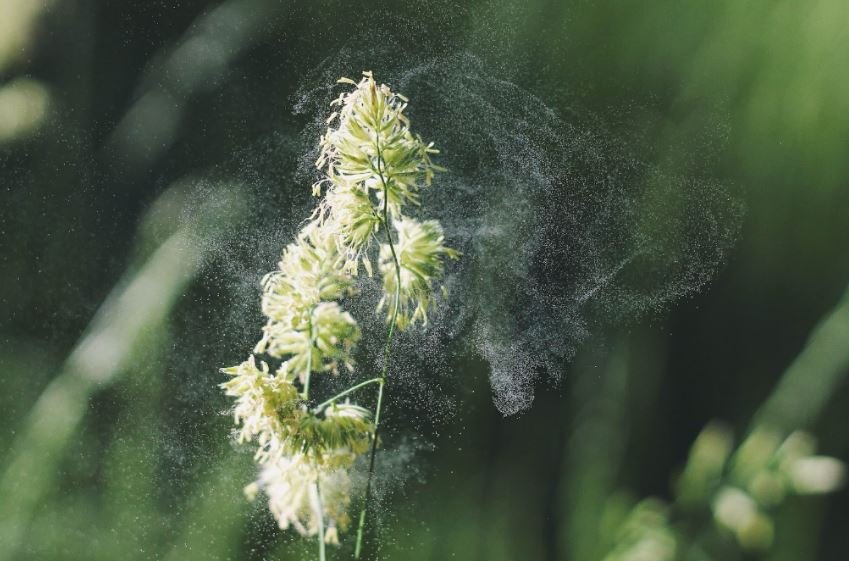Health
Pollen-resistant lenses: A cure for hayfever irritation?

With technological advances in contact lenses, pollen-resistant lenses have recently hit the market, aiming to aid in the irritation and discomfort some contact lens wearers experience due to hayfever. Hayfever is an allergic reaction to pollen, triggered often in the spring and summer time due to pollen running rampant with blooming flowers. Previously, contact lenses could trap pollen in the eyes, causing irritation, itchiness, discomfort and more due to their lightweight material, which would allow oxygen and air to flow to the eyes in order to prevent dryness and itchiness. But with the development and research recently made into pollen-resistant lenses and the materials they are made out of, this may no longer be a problem.
Let’s have a look at how pollen-resistant lenses work and their possible solution to pesky hayfever symptoms.
Ultimately, contact lenses, pollen-resistant or not, create a barrier between the eye and the air. But, with that barrier and the ‘breathability’ of contacts, it can often allow airborne particles whether it be bacteria, allergens, or pollution to be trapped in the eyes and cause irritation. Not only do the breathability of contact lenses affect the flow of allergens, but specifically hydrogel contacts can allow the pollen to bind to the contact.
Yet, pollen-resistant lenses use advanced techniques such as anti-adhesive coatings, an enhanced covering feature, ‘hydrophilic’ materials, and microfiltration to protect the eye from irritants. Anti-adhesive coatings prevent the pollen from binding to the contact, hydrophilic materials can trap allergens in the moisture before it reaches the eye, microfiltration can filter out the pollutants and allergens without restricting airflow and an enhanced covering feature allows the contact to cover more of the eye. Therefore, leading to the reduction of hayfever symptoms.
Hayfever can often be treated through antihistamines, a medication that reduces and blocks the histamine from creating symptomatic irritations. Another recent development in pollen-resistent lenses comes from Johnson & Johnson, who have infused contact lenses with antihistamines in order to provide a more comfortable experience. J&J are now offering one-day wear, disposable pollen-resistent lenses for maximum comfort. Relief was reported within the first 15 minutes of wear and could last up to 12 hours.

Photo by Alex Jones on Unsplash
With the multitude of positive aspects of pollen-resistant lenses, it’s an easy no-brainer for people who suffer from hay fever. Pollen-resistant lenses allow for contacts to be used for their original purpose of vision correction. They are also a convenient and non-invasive solution for vision correction and allergy prevention. Instead of regularly taking antihistamines or other allergy medications, or applying anti-allergy eyedrops every few hours, pollen-resistant lenses can provide relief for an entire day. And instead of using sunglasses with wrap-around frames or goggles, people can opt for a less visible option to prevent allergies, where these frames can be a hindrance to everyday life and physical activity. Additionally, there’s no need to take them on and off indoors as you would with pollen-resistant sunglasses or goggles, providing another aspect of convenience.
Yet, it’s important to note that not everyone will experience the same kind of relief or symptoms due to allergies. Still, the lenses do allow a flexible option that sunglasses, antihistamines and eyedrops can’t provide. Sometimes, there are allergens that these lenses can’t prevent from entering the eye, due to the prevention of pollen being the lens’s main goal. Ultimately, you should consult with your doctor and optometrist before making the decision to switch to pollen-resistant lenses, but it is worth the conversation.
Overall, with the prevention of pollen entering the eye, hayfever symptoms can be reduced, removing the possibility of irritation, dryness, itchiness and more which may have only been an option through antihistamines and anti-allergy eye drops. And with the rising popularity of contact lenses due to technological advancements made to improve the comfort and wearability of contact lenses while creating a convenient and non-invasive way to correct vision impairments, it’s easier to access and use pollen-resistant lenses. The downside of contact lenses and their tendency to intensify hayfever symptoms is no longer a factor with pollen-resistant lenses, which have been scientifically developed to avoid these allergens and pollutants, as well as provide other benefits that can help those who suffer from hayfever due to their non-invasive convenience.
-

 Celebrity4 weeks ago
Celebrity4 weeks agoIs YNW Melly Out Of Jail? What Is The YNW Melly Release Date, Career, Early Life, And More
-

 Sports4 weeks ago
Sports4 weeks agoMore Than Just a Game: How College Sports Can Shape Your Future
-

 Tech3 weeks ago
Tech3 weeks agoAI Software: Transforming the Future of Technology
-

 Tech3 weeks ago
Tech3 weeks agoAll About Com. Dti. Folder Launcher: Features, Benefits, Tips, And More













